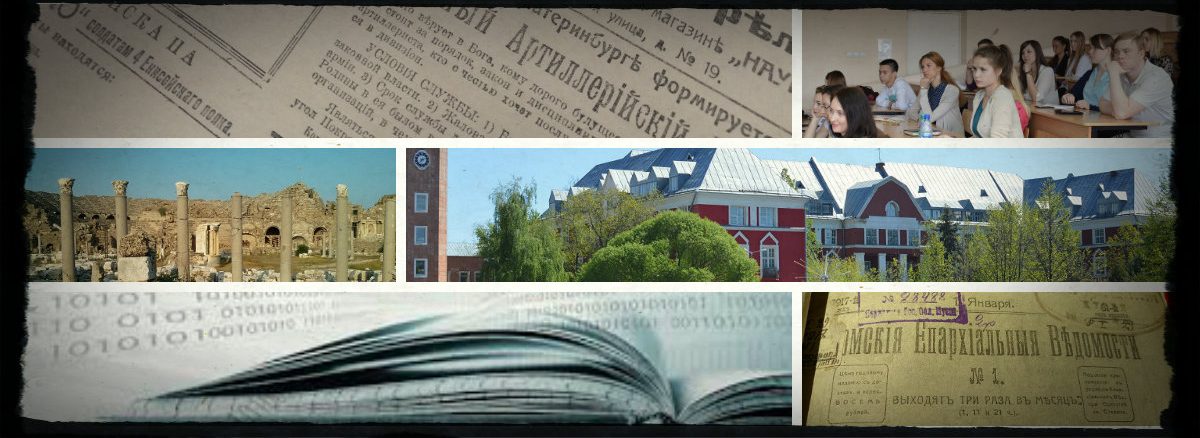Few great books like the Decameron have shaped our very notion of storytelling and its crucial role in the negotiation and production of shared social and cultural values. In its hundred stories, shared in ten days by ten young people escaping the Plague in mid-14th-century Florence, it combines sheer entertainment with a meaningful humanistic message. A tribute to human ingenuity, an epic masterpiece of a rising, dynamic mercantile society that pursues pleasure while being threatened by sudden extinction, the Decameron can be read as a transgressive and escapist manual of behavior as well as a breviary of moral predicaments intended for a secular, unprejudiced reader. As one critic (Guido Almansi) put it: "The text can perhaps give the impression of being outrageously amoral; our reading, on the other hand, can turn into ethical meditation; the former does not exclude the other." In his Western Canon Harold Bloom thus recently acknowledges the crucial position of Boccaccio's Decameron : "Ironic storytelling whose subject is storytelling is pretty much Boccaccio's invention, and the purpose of this breakthrough was to free stories from didacticism and moralism, so that the listener or reader, not the storyteller, became responsible for their use, for good or for ill." The Decameron has elicited throughout the centuries fundamental discussions on the nature of narrative art, on the tenets of medieval versus modern morality, on the social and educational value of any form of artistic and literary expression. A true encyclopedia of early modern life and asumma of late medieval culture, the Decameron is also a universal repertory of perennially human situations and dilemmas: it is the perfect subject for an experiment in a new form of scholarly and pedagogical communication aimed at renewing a living dialogue between a distant past and our present.
The guiding question of our project is how contemporary informational technology can facilitate, enhance and innovate the complex cognitive and learning activities involved in reading a late medieval literary text like Boccaccio's Decameron. We fundamentally believe that the new electronic environment and its tools enable us to revive the humanistic spirit of communal and collaboratively "playful" learning of which the Decameron itself is the utmost expression. Through a creative use of technology, our project provides the reader with an easily accessible and flexible yet well-structured wealth of information on the literary, historical and cultural context of theDecameron, thus allowing a vivid yet rigorously philological understanding of the past in which the work was conceived. At the same time, our project is meant to facilitate the creative expression of a multiplicity of perspectives which animate our contemporary readings. By reconciling in a collaborative fashion the reader's freedom with a sound cognition of serious, scholarly achievements in the study of the Decameron, our project is also an example of how new technologies can provide an innovative pedagogical medium for a fulfilling educational experience based on a literary text that is open to a variety of cultural interests and levels of learning.
Intended primary beneficiaries of the project are college and high school teachers and students, but independent readers and scholars interested in the Decameron itself or aspects of it that are related to their specific areas of interest will benefit from it, regardless of their geographic location or institutional affiliation. Our group and classroom at Brown University will serve as the gateway to a virtual community of readers and students of theDecameron who are engaged in a variety of didactic and scholarly pursuits and as a forum for discussions of their methodologies and critical perspectives. In short, we believe that our project can provide its beneficiaries with a sort of specialized bookshelf or mini-library generated from and existing alongside a reading of Boccaccio's masterpiece. This mini-library or virtual encyclopedia includes the text in its established critical edition (Branca), sources, translations, annotations and commentaries, bibliographies, a growing selection of critical and interpretive essays, as well as visual and audio materials. These resources are all hypertextually linked and complemented by a variety of analytical tools and search engines meant to make your exploration of the site easy and rewarding. Most importantly, we conceive of this corpus and its basic structure as a point of departure for a wide range of collaborative activities which will enhance the project's future growth according to the interests and contributions of the virtual community of students, teachers, scholars and readers of the Decameron. To this end, we warmly encourage all of our users to make full use of these materials and to participate actively in the site's expansion. Please feel free to send us your comments, ideas and, if you like, even contributions to be added to what is already here.
